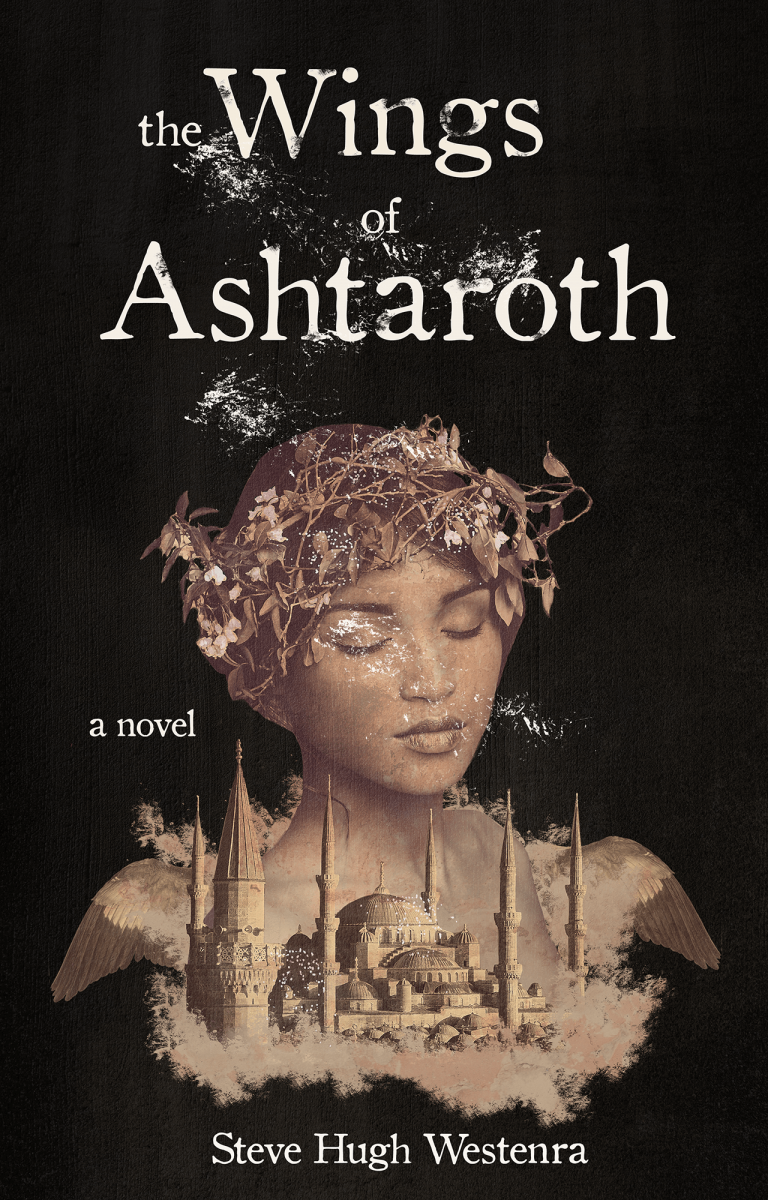What do you think?
Rate this book


1005 pages, Kindle Edition
Published May 16, 2023
This, oddly enough, was a DNF; oddly, because it is very well written, and also the setting—a low-fantasy world based on the Punic Wars—is an immediate attraction. The problem for the present reader is a book of this length where the narrative driver is not shaping up to be of pressing interest. It would take a lot to win a commitment to read a story of over 300,000 words, and the fate of a royal family—even with repercussions for everyone else—does not cut it for me. Though the writing is very good, it is not at the level of those writers (a list in single figures) whose writing alone would be sustenance enough.
That any book needs to be 300k words long is a difficult argument, even without attributing any validity to market-driven ‘rules’ about length; a novel is the map, not the territory. This one doesn’t drag exactly, but it is slow, and even if a reader is not insistent on a particular form of narrative arc (conflict, resolution, all the rest of it), reading a book that feels more like an experiential history lesson is quite a different thing to reading a story.
The point of view changes frequently, but this is a very effective approach, layering up a world. The narrative is sprawling (in terms of the cast of characters), far-reaching (in terms of the scale of the location being drawn into the action), and complex (in terms of the number of threads feeding into the story, and the complexity of the result). Nearly four hundred pages in, there is not a very strong sense of how, or even if, these stories and their protagonists are going to come together. On one hand, this is very realistic, in that most people living through interesting times are just tottering along trying to get by, and are not involved in, or have no influence in, the larger currents of political and economic life. On the other, if the reader is spending a lot of time in the head of a character who, however full of action their lived experience, is not appealing to them, then it is hard to sustain an interest if the interconnectedness of things is not discernible. The difficulty for the present reader of remaining engaged is exacerbated by the fact that the inner lives and lived experiences of the rich and powerful are just not that interesting.
On Kobo, this book is 2488 pages—it would have to be irresistible on every count to win that kind of investment; that it didn’t is not surprising, despite its many strengths. A DNF, but also a recommend: the aspects that left this reviewer behind will hit the sweet spot for many other readers.